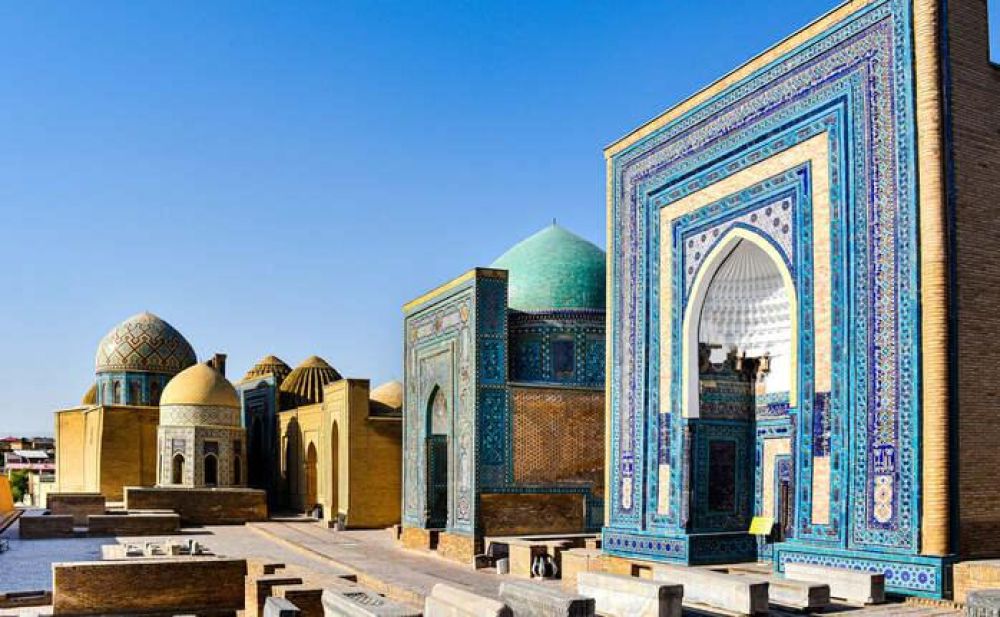

Tashkent, the capital of Uzbekistan, has a rich history that spans over 2,200 years, with its origin as a crossroads of ancient trade routes. Historically known as Chach, Shash, and Binkent at various times, the city has been a hub of culture, trade, and governance. For many years, Tashkent served as a pivotal point on the Silk Road, welcoming traders from across the world and acting as a melting pot of different cultures and traditions.
Tourism in Tashkent began to develop significantly during the Soviet era. The city was rebuilt with the characteristic Soviet style after a devastating earthquake in 1966, which brought a unique blend to its architectural landscape, mixing modern Soviet buildings with traditional Islamic designs.
After Uzbekistan gained independence in 1991, Tashkent embarked on a new journey to showcase its rich history, culture, and natural beauty to tourists from all over the world. It capitalized on its vibrant bazaars, historical monuments, museums, and local cuisine to draw in visitors. Must-see attractions such as the Khast Imam Complex, Chorsu Bazaar, and the Amir Timur Museum became staples for any tourist's itinerary.
Eco-tourism has been gaining ground in Tashkent and across Uzbekistan, with an emphasis on conservation and sustainable travel. The country's stunning landscapes and natural reserves like the Ugam-Chatkal National park have been popular amongst eco-conscious travelers.
Cultural tourism continues to flourish as visitors seek authentic experiences. Festivals, such as Navruz and Silk and Spices, attract tourists eager to immerse themselves in Uzbek traditions, music, dance, and culinary arts.
Digital innovations in tourism have made it easier for travelers to explore Tashkent. The use of virtual tours, mobile apps for museum guides, and online booking systems for accommodation and transportation have significantly improved the tourist experience.
Visa regimes have also been updated in recent years, with Uzbekistan introducing e-visas and visa-free regimes for various countries, thereby simplifying the process of visiting Tashkent.
Moreover, Uzbekistan's government has focused on infrastructure development to support tourism. This includes modernizing transportation systems, renovating historical sites, and improving hospitality standards to ensure a memorable stay for international visitors.
The emergence of a regional cooperation tourism model with neighboring countries is another notable trend, making Central Asia a combined tourism destination, which includes multi-country tour packages.
The fascinating blend of Tashkent's Islamic heritage, Soviet history, and modern developments continues to create a unique tourist destination, promising a rich palette of experiences for any discerning traveler.